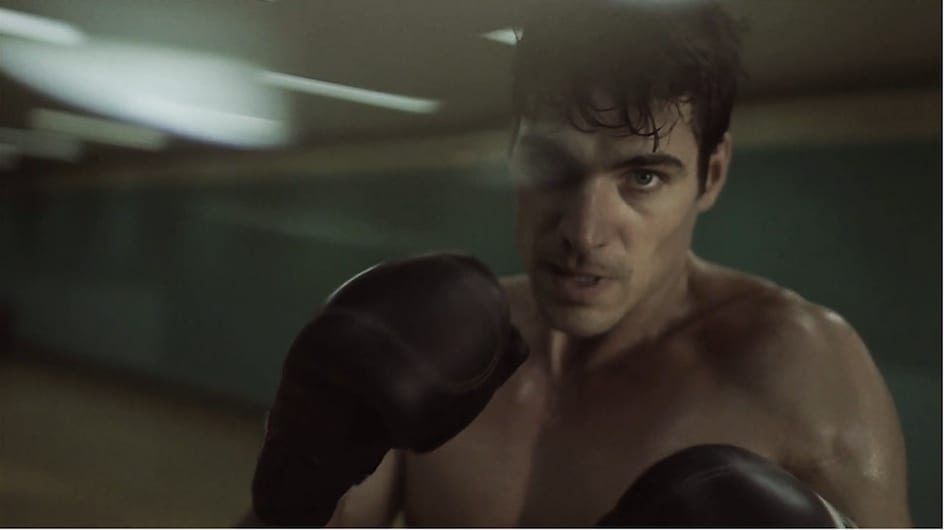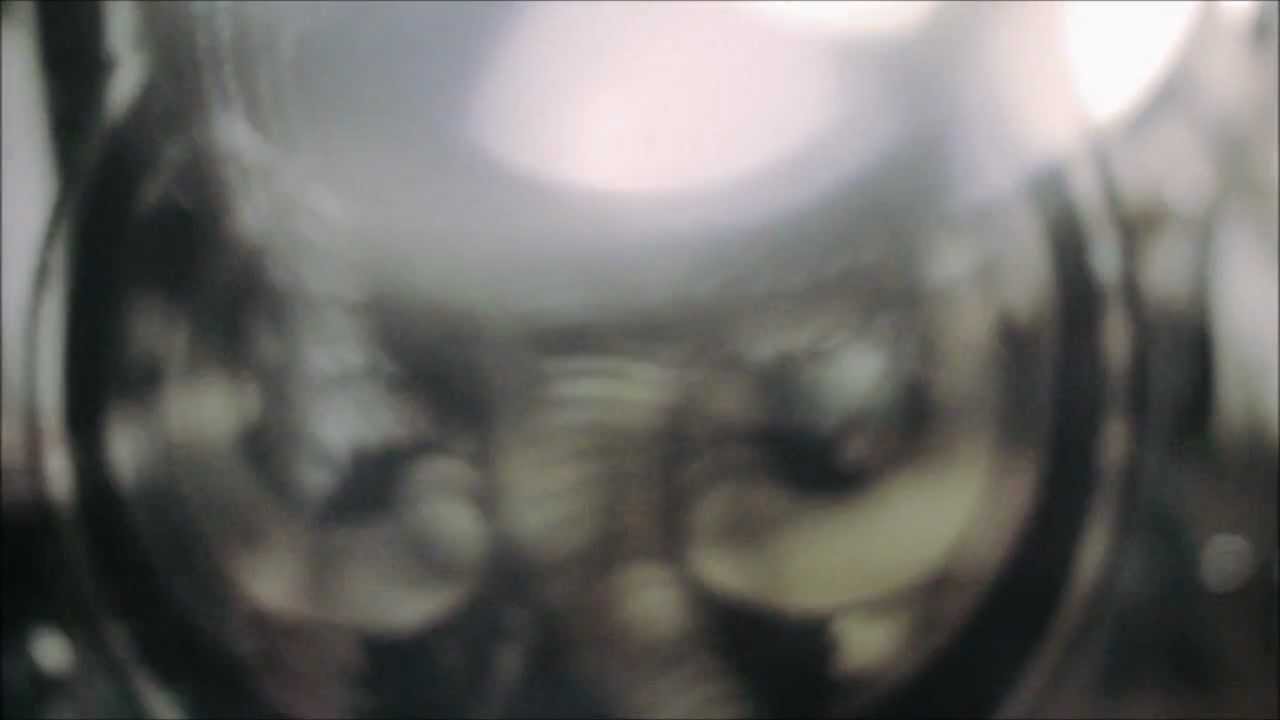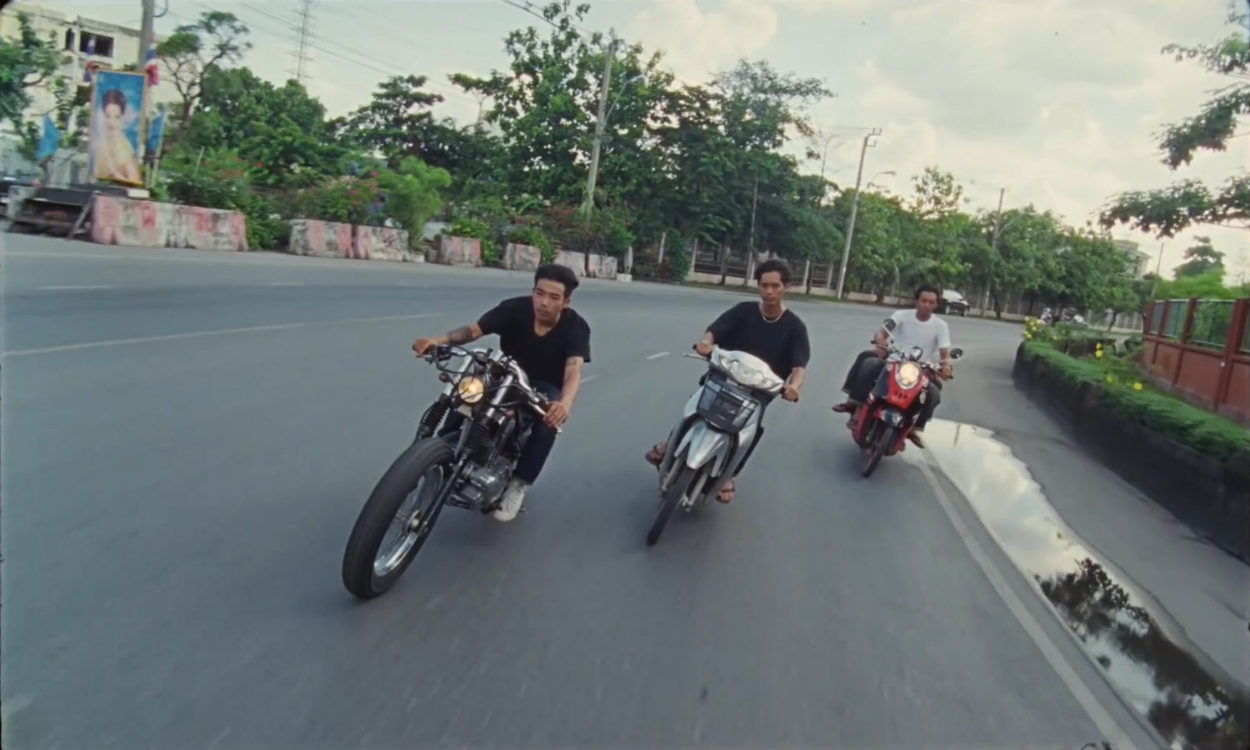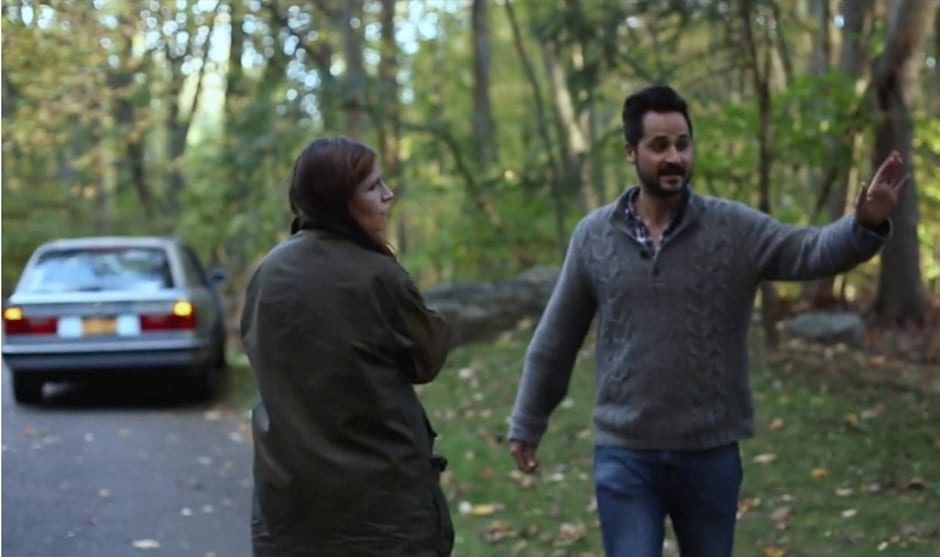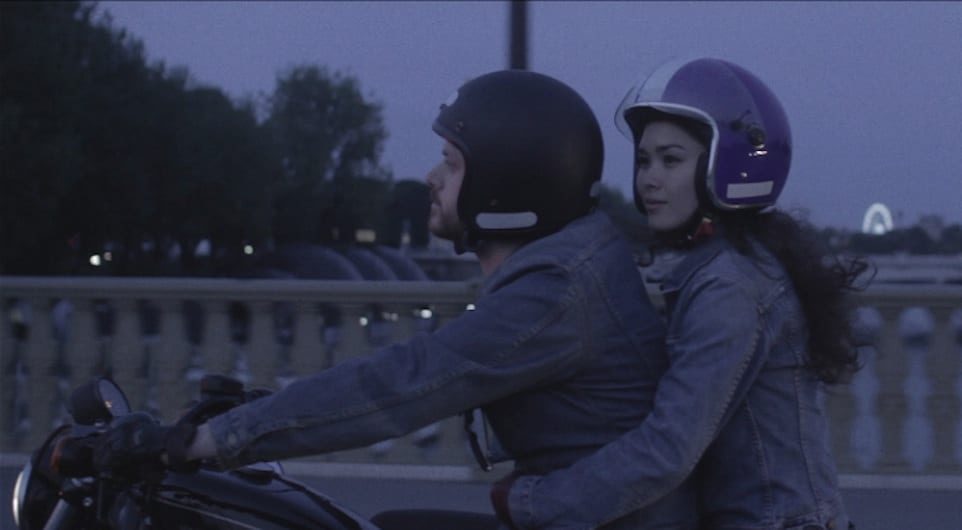View Kendy’s work in Related Content.
The back story please. What was your childhood like and have you always been Paris based? Did you train in vfx and film?
I was born in Cambodia but when I was two months my family had to leave the country to escape the genocide of Polpot. My parents had the choice between France and the US, they chose Paris. So it’s like I’ve always been an Asian French guy living in Paris because I have no memory about Cambodia at all.
I didn’t go to film school, I learnt everything (After Effects, the edit…) just by watching a lot of tutorials on the internet. I’m a self-learner and think the most important thing is just to have good eyes. The rest is pretty easy because we’re living at a time when we can get access to efficient tools and software to use, however the thing that will make the difference between one guy and another will always be the eyes and the taste.
How long have you been making your own films?
I started to make films only three years ago by accident. My initial idea was to make a daily video blog about my everyday life and I started to shoot a lot. It taught me how to shoot and post-produce very quickly. Before my “first” real video called Spider, I made something like 200 videos before that. It was a good way to train myself.
How does your creative process work? Do you start with an idea and develop it with storyboards or scripts or do you direct other writers’ scripts?
This is a good question because I receive a lot of scripts and proposals from other writers/directors. But I think most of the time that the other scripts are not fitting to my universe. It’s the reason why for any personal project I never work with an idea that is not mine or work with someone else. This may sound very strange but making a personal project is a need I have to satisfy. I never shoot if it’s not obvious to me that I have to do it. It starts one day with an idea. That idea becomes an obsession and then, rock’n roll!
For my personal projects, I never write a treatment or a script, everything is in my head. I don’t have any budget or a production house to make these small videos so I adapt myself and improvise a lot. This is 100% freestyle! And I like the idea that everything is not fixed.
I only write treatments and scripts for the projects with my agency, which require a different kind of process where I collaborate with a team. Then it’s different goals and methods, a different process.
The narratives are very different in style and feel – are you exploring your own experiences or are they mainly imaginative works?
They are imaginative works that reflect what I like. I love the narrative documentary style like in the District 9 movie. I think this kind of style brings something very energetic to a concept or a story that is not so original after all. When you do something without money and do not have the best backgrounds and lovely places to shoot in, the only thing that can help you to make it less shitty is the way you tell the story and the visual aspect of your video.
I like moody/atmospheric stuff too, everything around the theme of loneliness. I think it comes from my musical background, I love post-rock/atmospheric promos from bands like Mogwai, Mono, Red Sparrows, Old Man Gloom, Olafur Arnalds and more.
Do you work in a linear fashion, drawing up storyboards, working out the lighting, shooting then editing? Or do you work in a more instinctive and intuitive, loose manner incorporating what arises on set?
No I absolutely don’t work in a linear way. I’m more intuitive and instinctive; I like to shoot fast with no gear or crew. It’s done in the Guerilla/DIY way of style ah ah! I don’t have a fixed workflow, it changes a lot depending of the needs and what I could get (backgrounds, locations, actors, locations etc). Without means and budget, you can’t plan anything. Everything is handheld at the right time and the right moment. It’s totally freestyle!
Do you edit check as you shoot or wait to download all the footage afterwards?
I don’t wait to get all the footages to work on the edit. I like to make a first edit of each scene I shoot, and then, when I have everything I adapt and modify the edit once again to get a better global rhythm according to the narrative style of the short.
Please tell us about your in-camera effects like using glass for the leak in World without Bird. Could you tell us about some of your “tricks” please – and how do you work those out?
The first time I saw these beautiful effects, it was in the Louis Vuitton video of Bruno Aveillan. I was blown away. So I tried to recreate that effect by trying to put a lot of different glasses in front of my lens, and it works! I think there’re no rules, it can work with a diopters, eyeglasses, sometimes I just use a glass candle holder to get a specific deformation of light on the screen. But that technique requires you to be able to shoot with only one hand and to hold the glass in your other hand.
What kind of budgets do you have to make these films?
The budget of these films are really zero euro if you consider that I already have the gear (a Canon 550d and the Sigma 30mm f1.4) and I’m a one man crew. All the actors are friends or people who wanted to work with me for free because they like my work. Even the locations are just everyday places you can find in Paris. For instance in A World Without Bird, I carved 150 origami birds alone and for the diary book I made all the drawings. About the post production, I edit, time remap and color-grade directly in After Effects, so I can do everything very fast. That shortfilm has been shot and post produced the same day, the night it was online on my Vimeo account. I don’t ask myself a lot of questions when I’m working it’s the reason why I work pretty fast I guess. When there’s a problem I only see solutions.
VFX don’t dominate your films, nor are they the core idea. How do you see your relationship between using vfx and natural narrative filming?
When I started to make videos, I used to be fond of motion design. Maybe because I used to work in the videogame industry and played a lot. All these beautiful hubs in the games, I thought it was beautiful to watch them in live action movies. Rob Chiu was one of the first guys who did it and spread it to the world. It’s the reason why my first shorts (Spider and Shutdown) were full of VFX and motion design (sky replacement, optical flares, tracking, motion design and so on).
With hindsight, I think I used all of those VFX because my photography wasn’t very good. It’s like wrapping something shitty with something gold to hide all the imperfections of my photography. But making VFX takes a lot of time, I always thought it was a waste of time. So I’ve decided to stop incorporating motion design in my shorts and to spend that time on another purpose: working on the color grade and the visual aspect of my photography and cinematography.
If you have a good cinematography/filmic feel on screen, you don’t need VFX after all. Plus, motion designers are not highly considered by the professional industry of films, they are just considered as labor. So, to emancipate myself I decided to tell stories, to become a director, and not to use VFX anymore.
Do you operate the camera yourself? What kit do you usually use? And do you try to use natural lighting as much as possible?
Yes I operate the camera myself. I use a cheap camera, a Canon 550d/T2i with a Sigma 30mm f1.4 lens, that’s all. I don’t use additional gears like lights, steadycam or shoulder rigs. I love available lights because it creates something more atmospheric on screen. I’m not a big fan of artificial lights because it looks like studio work.
If there’s not enough available light I don’t care because I think you don’t have to show everything in detail all the time. I like comic books and most of the time you just see the shadows of the characters. I like that. I really don’t understand people who want to shoot during the night like it was during the day. In the night, you can’t see anything and if you can’t see anything on screen that is totally normal!
What part of the process do you enjoy the most?
I direct, shoot, edit and post produce. I don’t like on particular process more than another, I like them all! Each process has it owns thrill.
Are you signed to a production company?
Yes I’m represented worldwide by Nicholas Berglund agency, which is the international affiliate of the well-known French production house QUAD.
LINKS:
kendyty.com
twitter.com/KendyTy
